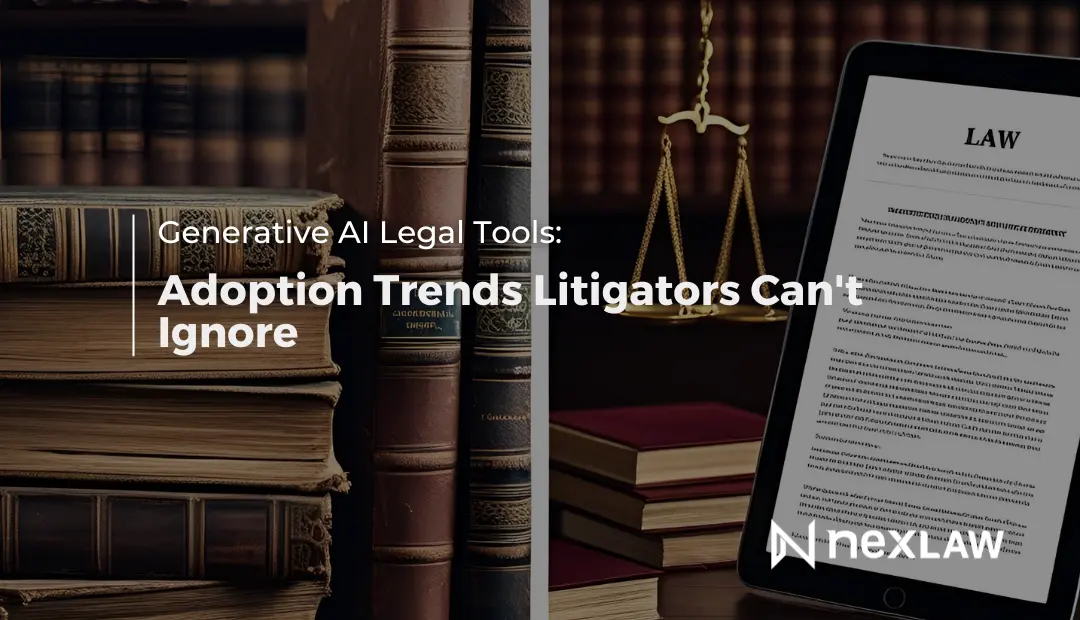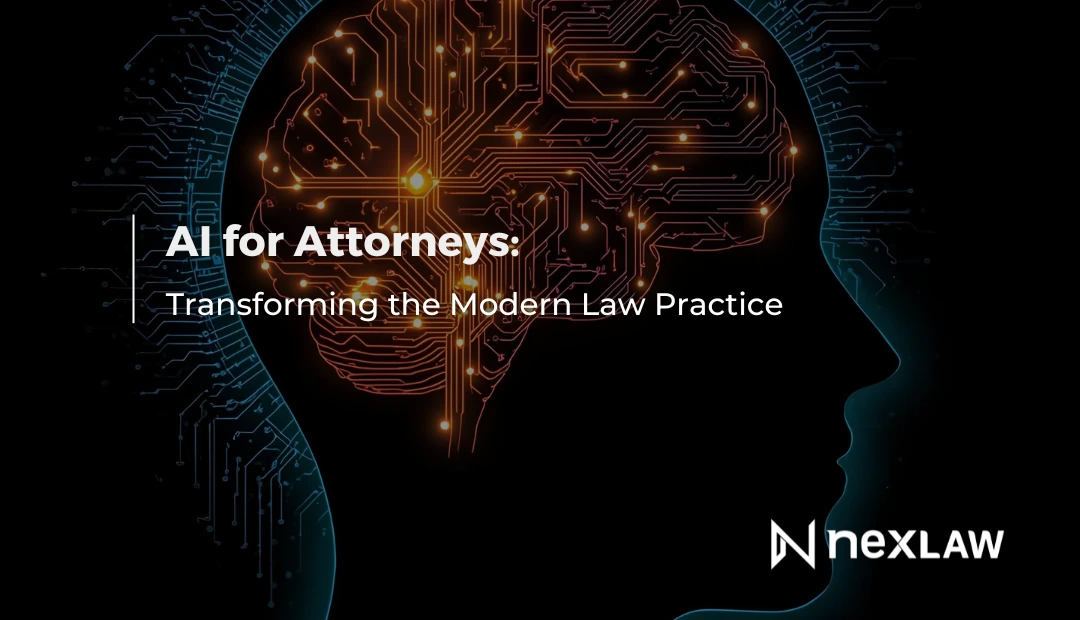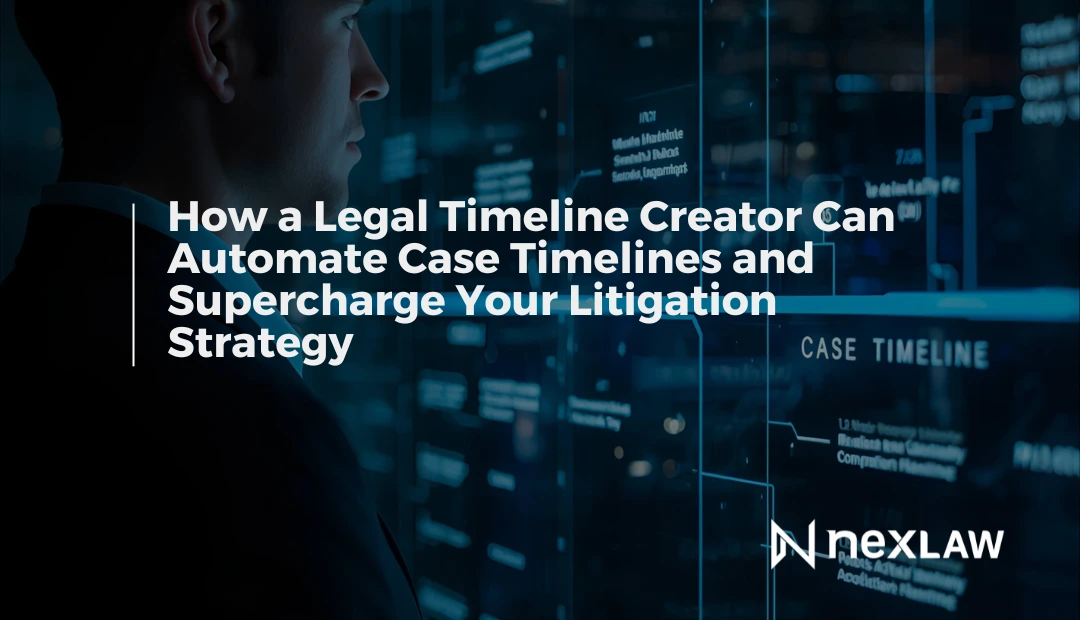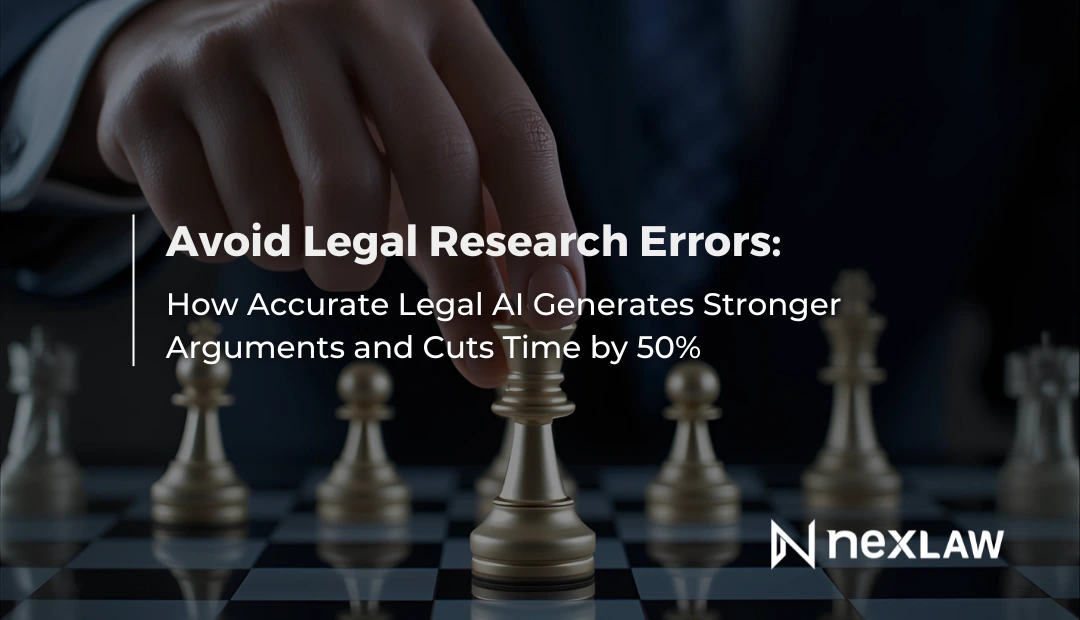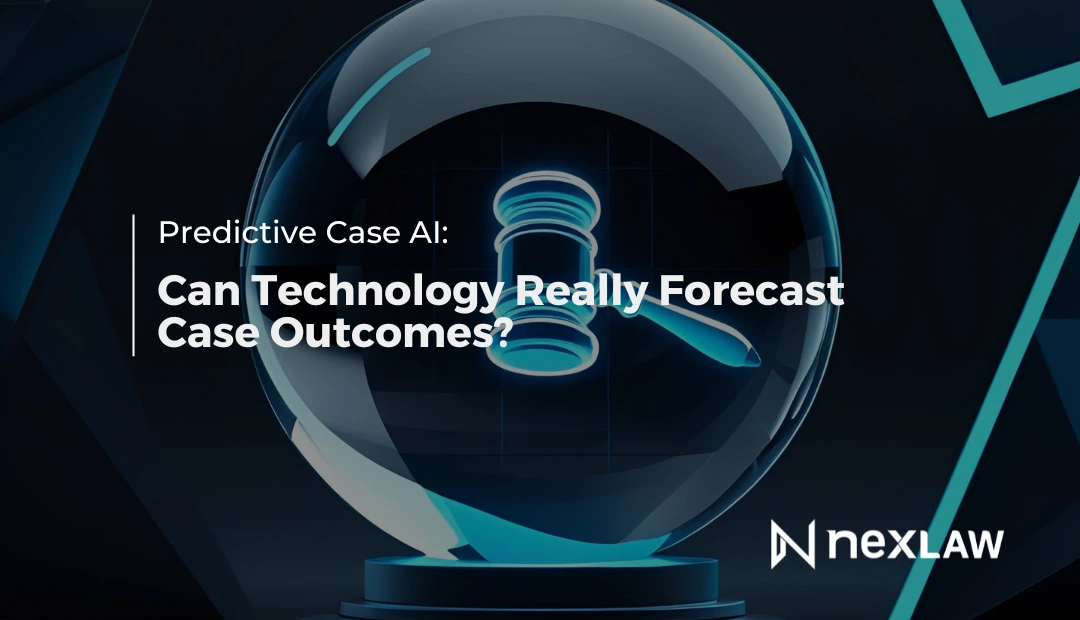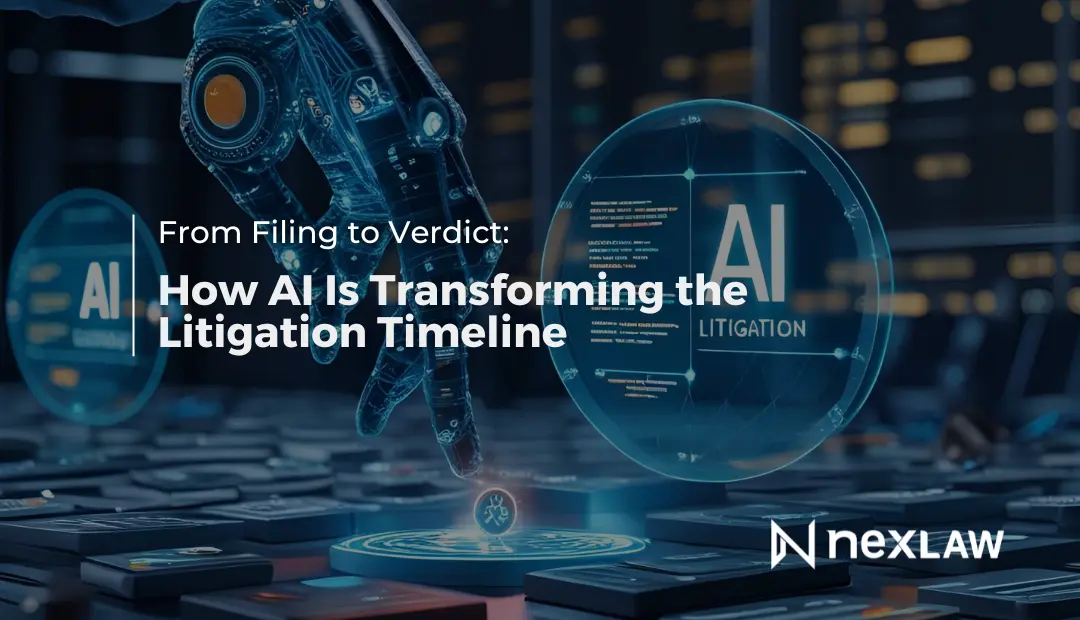Generative AI Legal Tools: Adoption Trends Litigators Can’t Ignore
The legal profession experiences unprecedented technological transformation as generative AI adoption accelerates across all practice areas. AI usage by law firm professionals increased 315% from 2023 to 2024, signaling a fundamental shift toward AIintegrated legal practice. Understanding these adoption trends and their strategic implications has become essential for competitive positioning in modern litigation practice.
Unlock Legal Insights Instantly!
The Acceleration of Legal AI Adoption
Recent survey data reveals remarkable adoption acceleration across the legal profession. 67% of corporate counsel expect their law firms to use cutting-edge technology, including generative AI, creating market pressure for rapid technological integration. This clientdriven demand fundamentally transforms the competitive landscape.
The legal industry’s interest in AI reflects a broader trend of workforce transformation, whereas 75% of survey respondents expect to change their talent strategies within two years in response to advancements in GenAI. This expectation creates strategic imperatives for firms seeking to maintain competitive relevance and client relationships.
Key adoption indicators include 32.40% of law firms expecting increased technology investments in 2026, corporate counsel increasingly requiring AI capabilities as standard service components, early adopters gaining sustainable advantages through enhanced efficiency, and law schools integrating AI training into curricula.
Primary Generative AI Applications in Litigation
Legal professionals are using generative AI across multiple functional areas that directly impact litigation efficiency and effectiveness:
Document Drafting and Generation: AI systems can now draft legal documents with minimal human input, meeting legal standards while reducing time investment and human error risk. This capability transforms traditional drafting workflows from hours to minutes.
Contract Review and Analysis: AI tools are capable of reviewing contracts, identifying key clauses, highlighting potential issues, and streamlining the review process for legal professionals. Advanced platforms provide risk assessment and compliance verification simultaneously.
Legal Research Enhancement: AI can help lawyers quickly produce initial drafts of motions, legal briefs, contracts, and settlement agreements, which in the past have been time intensive. Research acceleration enables comprehensive analysis within compressed timelines.
Brief Analysis and Optimization: AI-powered brief analysis systems review legal documents in seconds, check citations, and provide suggestions to improve drafts or responses, enabling iterative refinement that enhances persuasive effectiveness.
Strategic Implementation Trends
Successful generative AI adoption requires strategic implementation approaches that maximize benefits while managing associated risks and integration challenges. Leading firms demonstrate specific implementation patterns that optimize AI utilization.
Most successful implementations begin with specific use cases before expanding to comprehensive workflow integration. This approach enables learning optimization while minimizing disruption risks. Advanced implementations maintain human oversight systems that ensure AI output quality while capturing efficiency benefits.
Leading firms develop practice-specific AI models that incorporate firm expertise and historical data for enhanced accuracy and strategic relevance. Comprehensive training programs ensure legal professionals understand AI capabilities and limitations, enabling optimal utilization while maintaining professional judgment requirements.
NexLaw’s Generative AI Leadership
NexLaw’s generative AI platform provides comprehensive capabilities that exceed competing solutions through advanced technology integration and litigation-specific optimization. Our platform addresses the complete spectrum of litigation workflow challenges through unified technological solutions.
Advanced Language Models: NexLaw utilizes state-of-the-art language models specifically trained on legal content, providing superior accuracy and contextual understanding compared to general-purpose AI platforms.
Litigation-Specific Features: Our platform includes specialized capabilities for motion drafting, brief analysis, case law research, and strategic planning that address litigationspecific requirements.
Quality Assurance Integration: Built-in quality control systems provide continuous output monitoring and improvement recommendations throughout document generation processes.
Workflow Integration: Seamless integration with existing case management and document review systems eliminates workflow disruption while maximizing efficiency gains.
Unlike competing platforms that offer general AI capabilities requiring significant customization, NexLaw provides litigation-optimized solutions that deliver immediate value through specialized functionality.
Market Differentiation Through AI Adoption
Early AI adoption creates sustainable competitive advantages through enhanced capability differentiation and client service optimization. Firms leveraging generative AI demonstrate measurable performance improvements that translate into market positioning benefits.
Enhanced efficiency through generative AI enables dramatic productivity improvements that translate into cost advantages and capacity expansion capabilities. AI-assisted document generation and analysis often exceed human-only approaches in consistency and comprehensiveness. Transparent AI utilization demonstrates technological sophistication while providing measurable client benefits through reduced costs and improved outcomes.
Overcoming Adoption Barriers
Despite significant benefits, generative AI adoption faces implementation challenges that require strategic management for successful integration:
Technology Integration Complexity: 37% of law firm employees and 42% of their corporate counterparts experience challenges in integrating GenAI with existing legal systems and processes. Successful adoption requires comprehensive integration planning.
Professional Responsibility Compliance: AI implementation must address ethical obligations regarding competence, supervision, and client protection while maintaining efficiency benefits.
Quality Control Requirements: Professional standards necessitate appropriate oversight systems that ensure AI output quality without eliminating efficiency advantages.
Training and Development: Successful adoption requires comprehensive training programs that enable optimal AI utilization while maintaining professional judgment capabilities.
Client Expectations and Market Pressure
Corporate counsel expectations drive market transformation toward mandatory AI adoption. 67% of corporate counsel expect their law firms to use cutting-edge technology, including generative AI, creating competitive pressure for rapid implementation.
Client-driven adoption factors include cost optimization expectations where clients expect AI-enabled cost reductions as standard service components, quality enhancement requirements for AI-enhanced accuracy and consistency, transparency demands for clear explanations of AI utilization, and competitive benchmarking where clients compare law firm technological capabilities.
Talent Strategy and Workforce Transformation
The legal industry’s AI transformation necessitates comprehensive talent strategy evolution that addresses changing skill requirements and workforce expectations.
Law schools are responding to the demand for AI skills by integrating generative AI training for new junior lawyers. This educational evolution creates workforce expectations for technological sophistication in practice environments.
Legal professionals must develop AI utilization competencies alongside traditional legal skills to maintain career relevance. Firms seeking top talent must demonstrate technological sophistication and AI integration capabilities. Ongoing training programs ensure legal professionals optimize AI capabilities while maintaining professional responsibility compliance.
ROI Measurement and Performance Optimization
Successful generative AI adoption requires systematic ROI measurement that demonstrates value realization and guides optimization efforts. Leading implementations track specific metrics that illustrate AI impact including productivity metrics, quality indicators, client satisfaction, and cost optimization.
Time savings in document drafting, research, and analysis provide quantifiable efficiency improvements. Accuracy improvements and error reduction demonstrate AI value beyond simple efficiency gains. Enhanced service quality and reduced costs translate into improved client satisfaction scores and retention rates.
Future Adoption Trajectories
Generative AI adoption continues accelerating throughout 2026 as technology capabilities expand and market pressures intensify. Several trends shape future adoption patterns including agentic AI development, integration sophistication, specialization advancement, and regulatory evolution.
Advanced AI systems will enable autonomous task completion with minimal human oversight. AI platforms will integrate more seamlessly with existing legal technology stacks. Legal-specific AI models will provide enhanced accuracy and functionality. Professional responsibility guidance will clarify AI utilization standards.
Embrace the AI Transformation
Generative AI is reshaping legal practice from how firms draft, research, and advise, to how clients evaluate legal value. Those adopting early are already gaining speed, scale, and strategic advantage.
NexLaw AI helps you lead this transformation with tools designed for modern legal teams:
- NeXa AI Assistant Offers generative drafting, intelligent research, and contextaware recommendations across 10 specialized modes
- TrialPrep Converts AI outputs into usable courtroom strategy and responsive pleadings
- ChronoVault Organizes AI-generated content into cohesive timelines, themes, and evidence workflows
Book a Demo – See how generative AI unlocks new possibilities in your practice
Explore Plans – Includes a free 3-day trial to experience NexLaw’s full AI suite
GET 15% OFF for annual plans using promo code: ANNIV15MONTHLY or ANNIV15ANNUALY | Offer valid until August 31, 2026
